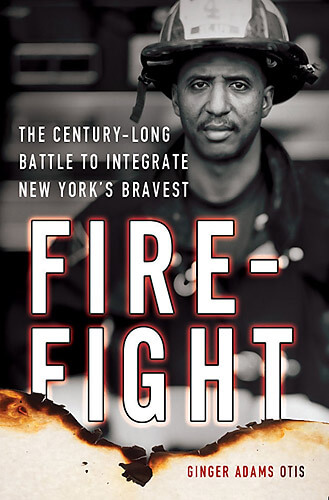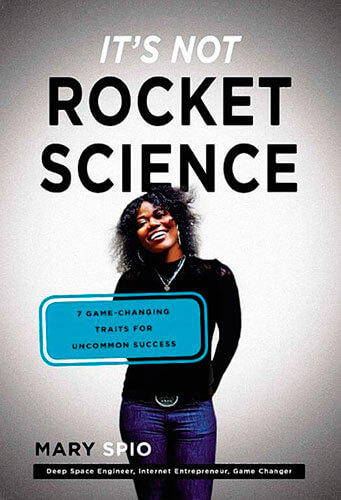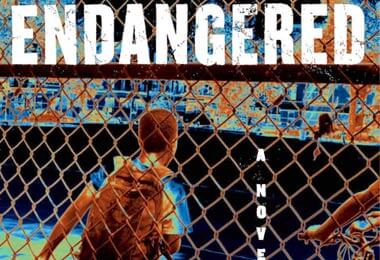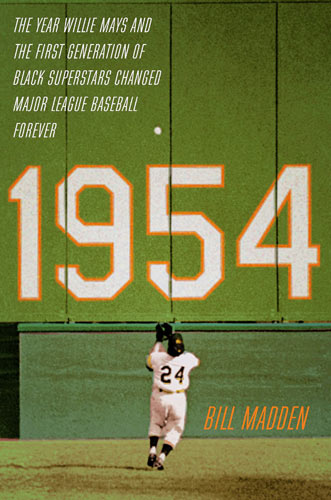You’ve always prided yourself on being a good storyteller.
You’ve always been able to craft a good tale – whether it was one of imagination, one to escape trouble, or a story with lesson added.
It’s a talent you got from your parents, and they from theirs. In the new book “Jim Crow Wisdom” by Jonathan Scott Holloway, you’ll see how that storytelling prowess may have helped your family survive.
Throughout his life, Jonathan Scott Holloway heard stories.
One of the ones he remembers particularly was that which his father, an ex-military man, told Holloway on the way to school one fall day. It had something to do with fighting and how not to react. Holloway thought it was a strange thing then but, he says, “I discovered that there was more to this story than a father merely preparing his son for a world of inequality.”
Many African Americans, Holloway claims, share stories of perseverance and strength through memoirs, stories, and anecdotes, and some of the most powerful tales are told in physical manifestations of museum or preserved buildings. Many of these stories serve as subtle (or not-so-subtle) warnings, lessons in getting along in a White world.
But, as he learned, stories can be edited or omitted entirely. There’s a certain kind of unneeded “shame” in some facets of family history that may be hidden or forgotten. They’re buried or, as Holloway says of his own family, a certain “branch of the family tree isn’t even dead. It’s simply gone.”
Good or bad, this all serves as “the preservation of social status and authority,” as well as being cautionary in nature for future generations. It helps in “establishing links, forged from common experience, to the larger black community” by sharing wisdom and lessons learned from the Jim Crow era and more recently. Still, “The editing… continues” and that, says Holloway, is detrimental to the black community.
“… the silences in a family’s past can serve their purposes,” he believes, “… but they also come with the risk of too little memory, of not knowing the value of sacrifice that enabled a better future in the first place.”
In a way – at least for the casual reader – “Jim Crow Wisdom” was written backwards.
Author Jonathan Scott Holloway writes, in the second half of his book, about his family: recollections of learning stories he’d never heard, and finally understanding the tales that were ingrained at his core. It’s semi-biographical, lively, and because of the nature of what he writes, the latter half of this book underscores its title.
But first, we must get through the first half, which is very, very academic. Holloway is a professor at Yale, after all, and the beginning of the books shows it. It’s not unreadable, but it belies the spiritedness that the second half possesses.
Keep that in mind when you’re reading this book, be willing to read it second-half-first, and you may find it to be quite eye-opening. For you, “Jim Crow Wisdom” might spur you to share a few good stories.


























